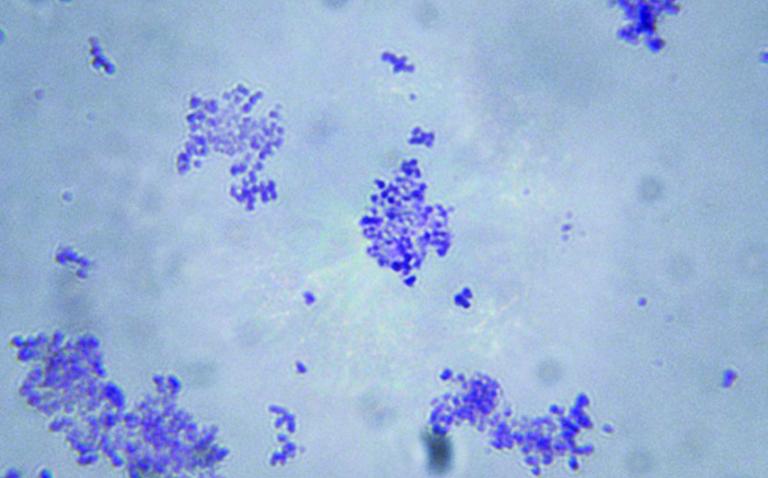Germs are adapting so that the chemicals in disinfectants and antiseptics have less and less effect, research from the US has shown.
The theory is that bacteria surviving contact with these substances become more resistant to the chemicals by developing a means to expel them.
The discovery is bad news for hospitals trying to tackle the spread of superbugs by ensuring wards and equipment are kept clean.
It also points to a new way for bacteria to become immune to antibiotic drugs, say researchers.
Biocides – the bacteria-killing chemicals in disinfectants and antiseptics – are universally used in hospitals to clean surfaces, sterilise medical instruments and equipment, and decontaminate skin before surgery.
At the right levels, the chemicals destroy most micro-organisms. However, new research has shown that if weak doses are used, mutated forms of the bug are created, which survive and grow stronger.
Bacteria have in-built protein pumps that expel many different toxic substances from their cells.
These “efflux pumps” are known to remove antibiotics and make bugs drug resistant. A good example of one such organism is MRSA – a superbug version of the common bacterium Staphylococcus aureus.
Study leader Dr Glenn Kaatz, from the Department of Veterans Affairs Medical Centre in Detroit, said: “We found that exposure to low concentrations of a variety of biocides and dyes resulted in the appearance of resistant mutants. The number of efflux pumps in the bacteria increased.”
Copyright PA Business 2008










